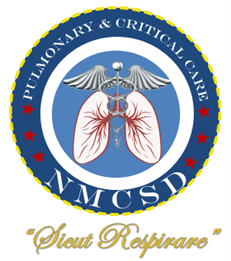- As detailed in Section 5, our fellowship program is designed to nurture measured progress in responsibility, initiative, and the development of independent decision-making skills in our fellows, all the while upholding the highest standards of patient care.
- Initially, fellows will perform all procedures under direct supervision from an attending physician until they demonstrate the requisite skills to perform these procedures independently.
- Upon proving their competency, fellows are generally permitted to perform most “Category A” procedures independently, either under indirect supervision or with oversight, as the attending supervisor considers prudent.
- A certificate of competency from the program director will be issued once the fellow is deemed capable. This certificate is necessary for fellows to perform any procedures independently.
- Whether supervision is warranted for fellows with a specific procedure certification will be decided on a case-by-case basis by the attending physician, based on their preference, their assessment of the fellow’s skills, and the complexity of the particular case.
- Several “Category A” procedures will always necessitate some form of indirect supervision, as guided by institutional and program policies. These procedures are identified by the superscript ±. Competent senior fellows who qualify to sit for the pulmonary board exam may carry out these procedures without the need for direct supervision. However, the responsible attending physician should be on standby to provide assistance if necessary.
- Procedures classified under “Category B” and “Category C” will invariably require direct supervision.
- Certain “Category A” procedures, such as endotracheal intubation, also persistently necessitate direct supervision. This requirement reflects the acuity and comorbidities associated with such procedures and is designed to provide another safety net for patient care. These procedures are marked with the superscript*.
